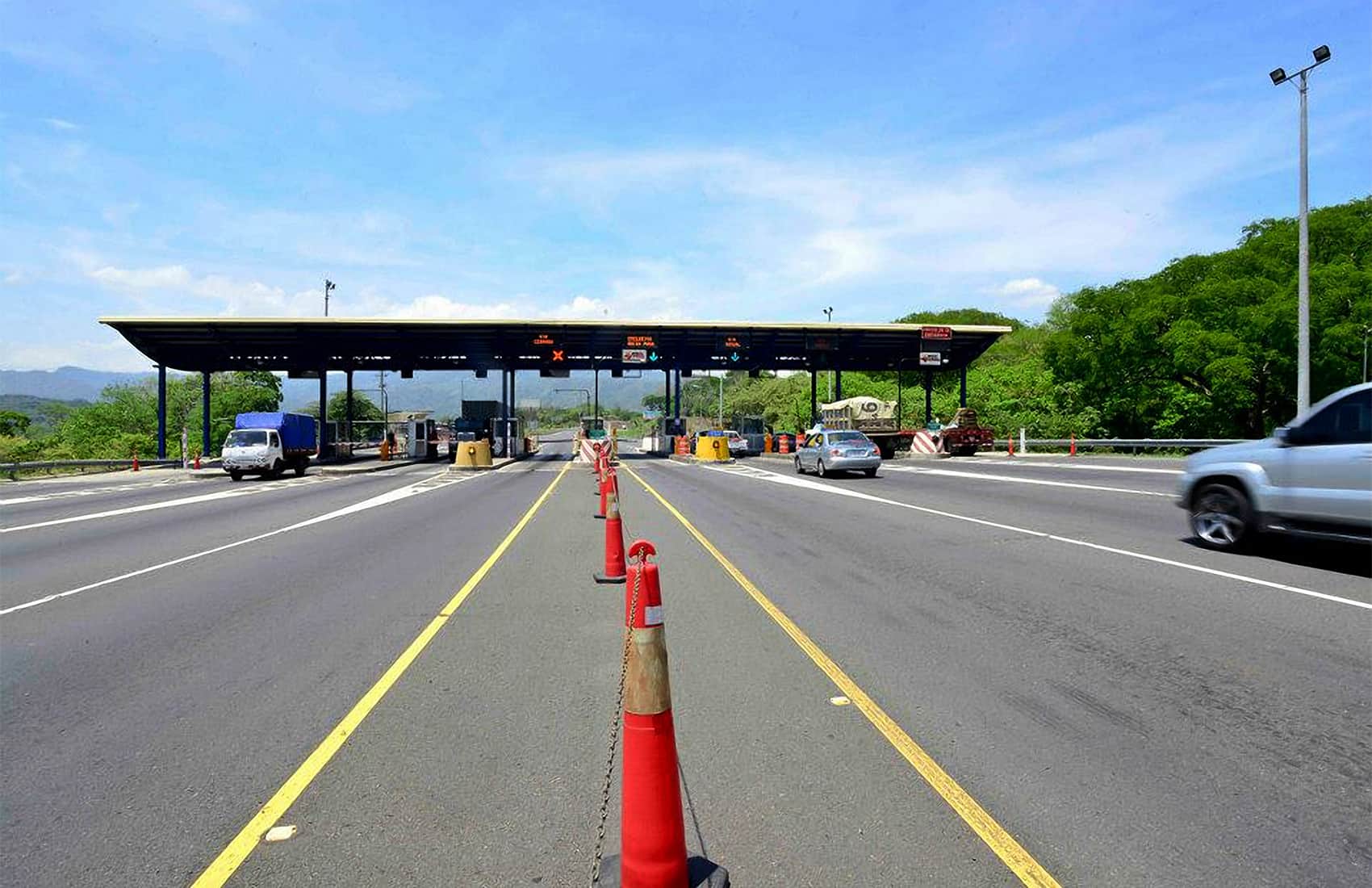The Costa Rican government continues its search for external financing to fund planned expansions of the nation’s roads and highways including route 27. With major projects in the pipeline, authorities have approached international partners about potential loans to modernize and improve route infrastructure.
According to Luis Amador, Minister of Public Works and Transportation (MOPT), Costa Rica recently inquired with Saudi Arabian officials about the possibility of securing a $600 million loan during a visit earlier this year. Saudi leaders indicated favorable terms were a potential option.
While only in preliminary verbal discussions, the loan could assist plans to expand route 27, one of Costa Rica’s most vital highways connecting the Central Valley and Pacific coast. However, the 77-km road’s concession is controlled by the Spanish company Globalvía until 2033 under a contested agreement.
The Costa Rican government aims to find alternate funding so improvements can proceed under state management rather than through Globalvía. But terminating the contract was ruled out by MOPT due to potential financial penalties.
President Rodrigo Chaves and Minister Amador have been highly critical of the original Globalvía deal, accusing it of being unfavorable to Costa Rican interests. But with the contract still in effect, the administration has focused on securing outside financing to progress route upgrades independently.
Beyond Saudi Arabia, Costa Rica has also approached the Central American Bank for Economic Integration and Inter-American Development Bank regarding potential infrastructure loans. Diversifying funding sources will allow more roads to be modernized in parallel.
Route 27 has faced issues including landslides, structural deficiencies and road sinking since opening in 2010 under former president Oscar Arias. Upgrades are deemed crucial to support growing traffic volumes and enhance safety.
The highway also serves key economic hubs like the port of Caldera. But its current condition leaves it vulnerable to disruptions that could impact commerce. Renewing infrastructure through foreign loans can strengthen national competitiveness.
As talks advance, Costa Rica is optimistic about securing advantageous terms that will provide the stable funding needed to keep pace with 21st century transportation demands. Officials vow any loans will be obtained responsibly to benefit generational development.






